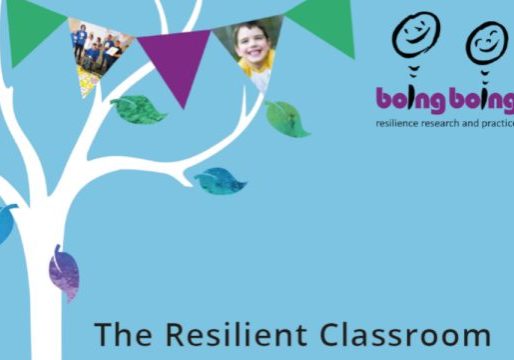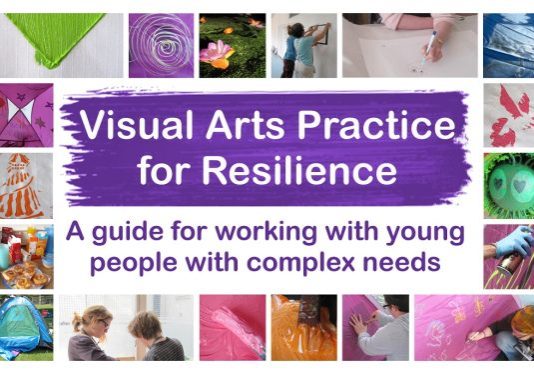Supporting children and young people in their mental health: A guide for East Sussex schools: a resilience-based, whole school approach to promoting positive mental health and addressing individual needs
Understanding resilience and the whole school approach
Resilience is most frequently described as ‘positive development despite adversity’ (Luthar, 2003) or ‘the ability to withstand and rebound from disruptive life challenges, strengthened and more resourceful’ (Walsh, 2008). Resilience researchers across the world seek to understand what processes take place for those young people and families who positively adapt to hardship, so that this learning can be applied to supporting others to do the same.
A short background of the development of the concept of resilience can be found in Appendix 1 (see main document or references and appendices), but suffice to say here that it is now seen as much more than personal qualities or “character”, and much more about the dynamic interaction between the individual and support available in their environment. This led to the development of socio-ecological approaches and models to understand resilience in context.
Resilience is not a personality trait. Innate characteristics play a part, but resilience is something that can be promoted and developed, through the provision of support and opportunities for growth.
Full guidance on understanding resilience and the whole school approach



